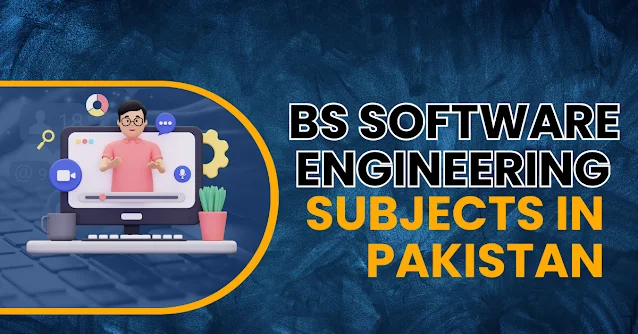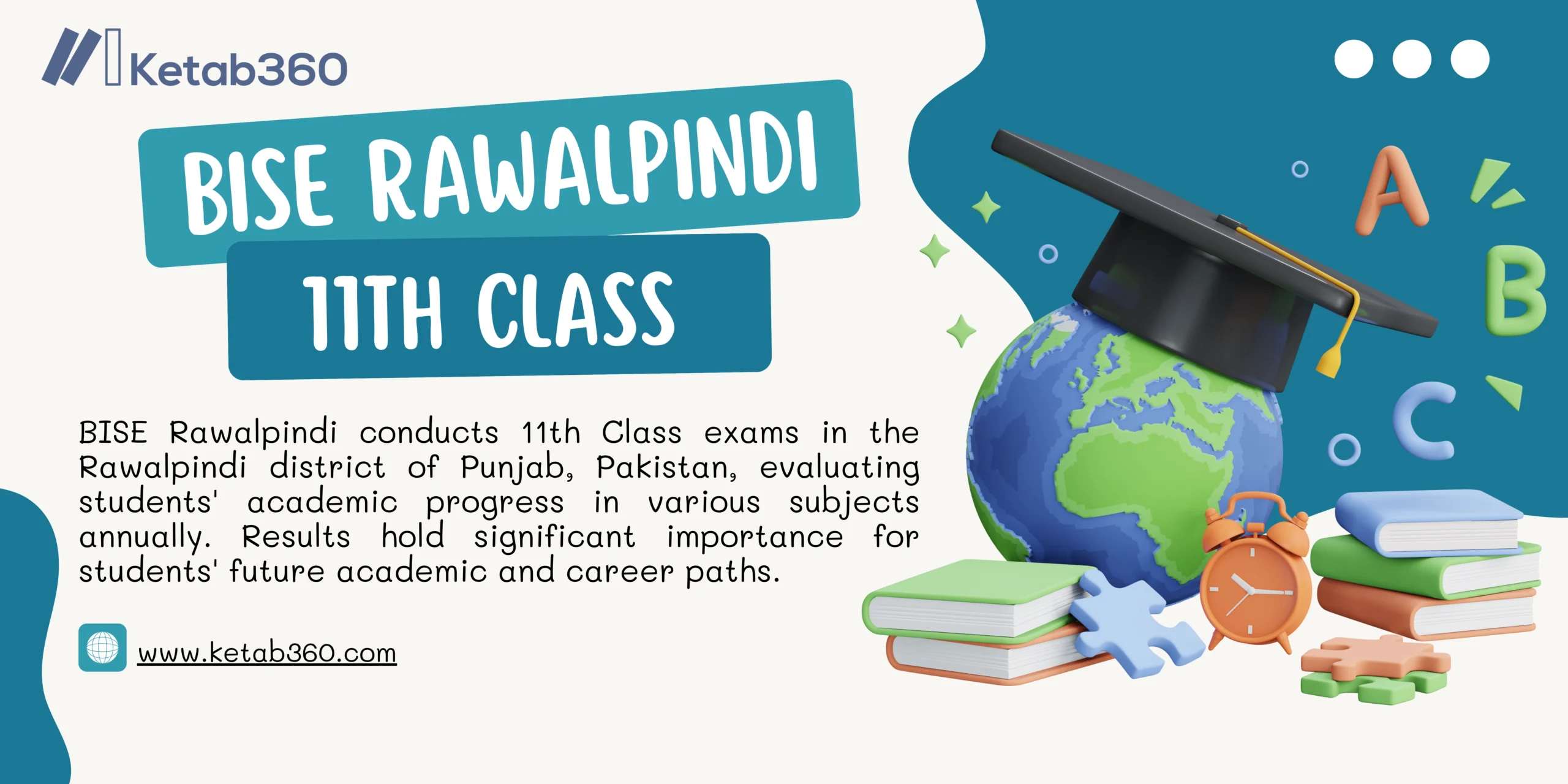A BS in Software Engineering program in Pakistan is designed to equip students with the necessary knowledge and skills to develop, design, and maintain software systems. The curriculum is typically structured to cover a wide range of topics in computer science, programming, software development, and related areas. Here’s a detailed breakdown of the subjects you might encounter in such a program:
- Calculus and Analytical Geometry
- Computer Logic Design and Computer Organization
- Introduction to Computer Science with Contemporary Language
- Islamic Studies or Ethics
- English
- Introduction to Software Engineering
- Business Communication Skills
- Pakistan Studies
- Calculus and Analytical Geometry-II
- Linear Algebra
- Data Structure and Application
- Ordinary Differential Equation
- Automata Theory
- Assembly Language
- Introduction to Operating Systems
- Business Economics
- Discrete Mathematics
- Advanced Software Engineering
- Psychology
- Compiler Construction
- Computer Architecture
- Organizational Behavior
- Practical Networking and Data Communications
- Object Oriented Concepts
- Urdu / Humanities
- Relational Data Base Management System
- Distributed Computing
- Software Process Management
- Computerized Accounting
- The topic of Current Interest-II
- Operations Research
- Software Testing
- The topic of Current Interest-III
- Management Risk and Decision Support System
- Artificial Intelligence in Software Engineering
- Numerical Analysis
- Internet Programming Techniques
- Software Development
- Probability & Statistics
- The topic of Current Interest-I
- Software Project Management
- Marketing Management
- Network Security
- Data Warehousing & Data Mining
1. Introduction to Computer Science:
– This foundational course introduces students to the fundamental concepts of computer science, including history, basic hardware and software concepts, and problem-solving techniques.
2. Programming Fundamentals:
– Students learn the basics of programming using a variety of programming languages. Concepts such as variables, data types, control structures, and functions are covered.
3. Object-Oriented Programming:
– Building upon programming fundamentals, this course delves into object-oriented programming principles. Understudies find out about classes, objects, legacy, polymorphism, and epitome.
4. Data Structures and Algorithms:
– This subject covers various data structures (arrays, linked lists, trees) and algorithms used for searching, sorting, and manipulating data efficiently.
5. Database Management Systems:
– Students are introduced to the principles of database design, SQL, and database management. Topics include normalization, database querying, and database administration.
6. Software Engineering Principles:
– This course explores software development methodologies, project management, and the software development life cycle. Students learn how to plan, design, and implement software systems.
7. Web Development:
– Web development subjects include HTML, CSS, JavaScript, and web application development. Students create dynamic and interactive web applications.
8. Operating Systems:
– This subject covers the fundamentals of operating systems, including process management, memory management, file systems, and system security.
9. Computer Networks:
– Students learn about the architecture, protocols, and design of computer networks. Topics include TCP/IP, routing, and network security.
10. Human-Computer Interaction (HCI):
– This subject focuses on the design and evaluation of user interfaces, usability principles, and user-centered design.
11. Software Design and Architecture:
– Students delve into software design patterns, architectural principles, and the development of large-scale software systems. They learn how to design software that is scalable and maintainable.
12. Software Testing and Quality Assurance:
– This subject covers software testing methodologies, test case design, and quality assurance practices to ensure software reliability and performance.
13. Mobile App Development:
– Students explore the development of mobile applications for platforms like Android and iOS. Topics include app design, development frameworks, and mobile-specific considerations.
14. Artificial Intelligence (AI):
– This course introduces students to AI concepts, including machine learning, natural language processing, and neural networks.
15. Data Science and Big Data:
– This subject covers data analysis, data visualization, and the processing of large datasets using tools like Python, R, and Hadoop.
16. Project Management:
– Students learn project management methodologies, including planning, scheduling, resource management, and project documentation.
17. Software Project Development:
– This course emphasizes practical software development. Students work on real projects, applying the knowledge and skills they’ve acquired.
18. Software Security:
– This subject covers the principles of software security, including encryption, authentication, access control, and security best practices.
19. Ethical and Legal Issues in Software Engineering:
– Students explore the ethical and legal aspects of software development, including intellectual property, privacy, and cybersecurity regulations.
20. Computer Graphics:
– This course delves into the principles of computer graphics, including 2D and 3D graphics, rendering, and animation.
21. Software Maintenance and Evolution:
– Students learn about the challenges and practices of maintaining and evolving existing software systems.
The particular courses and their substance might differ starting with one college then onto the next.. In addition to these core subjects, students may have the opportunity to choose elective courses or specialize in areas of interest such as game development, cybersecurity, data science, or artificial intelligence.
In addition to these core subjects, students may have the opportunity to choose elective courses based on their interests and the specialization areas offered by their university. It’s important to note that universities may have different names for similar courses or may emphasize certain areas of software engineering more than others, so you should consult the specific program curriculum of the university you are interested in for the most accurate and up-to-date information.






